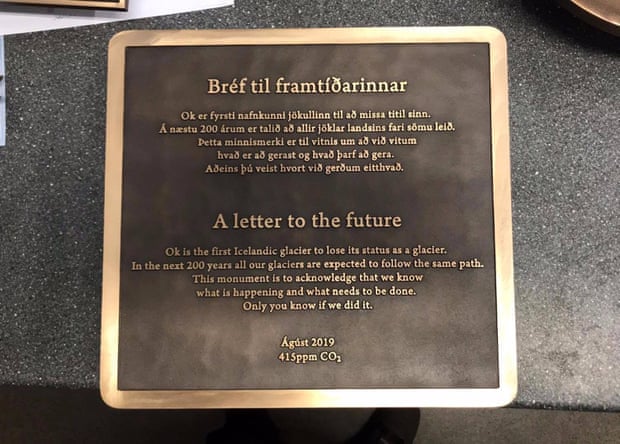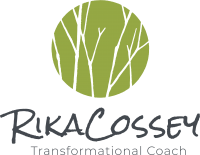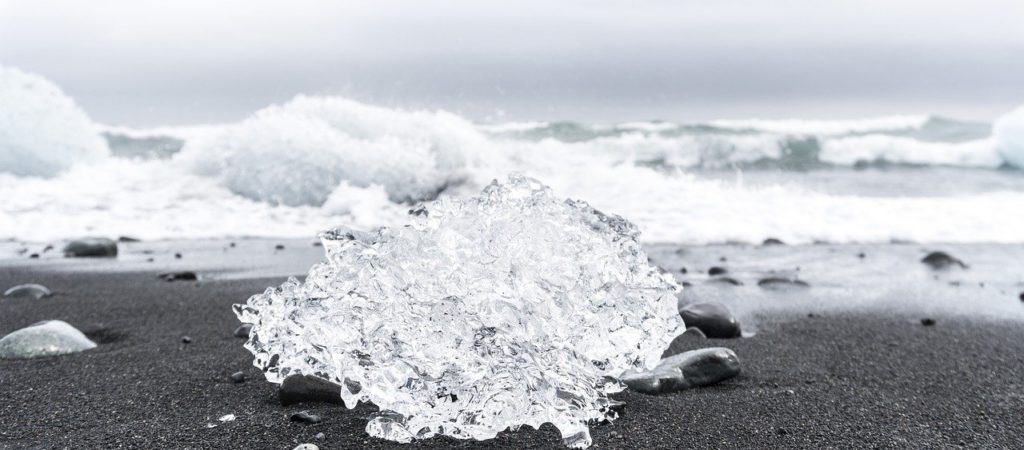Sometimes the easiest way out is to blame the system we are in. It’s the economic system that is driving climate change. It’s the political system that makes political participation so difficult. A culture of avoidance makes it difficult to create real change.
All those statements are extremely relevant and more true than ever today. However, they are also excuses to stop trying to change what is bothering us.
I don’t say this lightly but sometimes we turn ourselves into victims of the system we are trying to change.
Why being the victim is easy
Psychologically speaking, being the victim means to blame circumstances and other people for the position we find ourselves in. There are actual victims of circumstances and people’s actions – more than we care to admit. But then there are also those among us who seek security in a state of victimhood.
Let me give you a postcard example: “Governments are not doing enough against climate change.” While this statement might objectively be true, it reveals a lot about the person uttering it. Let’s call that person John for the sake of this exercise. By blaming the government, John assumes the role of a victim. He’s pointing fingers at those people who he sees as responsible for his life (and climate change). Climate change is not something John identifies with but rather something he sees as happening to him. The same goes for governmental action. He sees governments as an instance to blame for the state of his world. In very simple terms, John sees doing anything about climate change beyond his control.
And he’s not alone. I hear similar statements to the one above more than I can count. And they come in various shapes and from every side of the political spectrum. The only commonality is that the person uttering these words has accepted that something needs to be done about climate change (and that it’s real).
It’s easy pointing fingers and it’s even easier in the face of such a global and incomprehensible crisis as climate change. Understanding that we are part of the crisis equals an admission of guilt. And admitting our flaws takes real strength of character.
Why blaming doesn’t work anymore
When someone tells me that ‘something needs to be done about climate change’ I almost immediately ask: “so, what are you going to do?”
I admit I can be very confrontational with my questions sometimes. But the truth is that everyone alive today has the duty, yes, duty, to do something. We are the generation who has everything: all the benefits of destroying our planet AND all the knowledge of how to stop it. There are even really clever solutions available which can help to curb the destruction. We just have to DO them.
And that is why blaming circumstances or other people doesn’t work anymore. The inscription of a monument to mourn the first Icelandic glacier that disappeared in 2019 sums it up pretty nicely: “We know what is happening and what needs to be done. Only you know if we did it.”
We are at an unmatched point in our global history – at the point where the only option is to face the challenge.

The first step out of victimhood
Facing the challenges of climate change means first and foremost to leave our sense of security through victimhood behind. Yes, governments, industries, and international organisations will need to do their part. But so does everyone alive today.
And the first step is to acknowledge that something needs to be done BY US individually.
The steps that follow will look very different for everyone. Changing the diet to a bettertarian, vegetarian or even plant-based diet could be the solution for some. To stop driving cars or taking international flights could be a solution for others. And maybe we can even curb our global consumption of ‘stuff’. Depending on where you live and how you live, the options available to you will vary. But they are there.
And once you have taken the first step away from being the victim of circumstances, you will notice that power comes. Just last night I had a conversation with a fellow coach about how empowering it is to do stuff myself. How liberating it is to grow food, to slaughter chickens, or to knit.
There is nothing that stands in our ways to empower ourselves while taking action in the face of climate change. And then, with our heads held high, we can face future generations and tell them: “We did everything we knew how to leave a better world for you.”
If you enjoyed this article, you might be interested in my course “Develop personal respond-ability in times of climate change“. It’s now available on Udemy.

